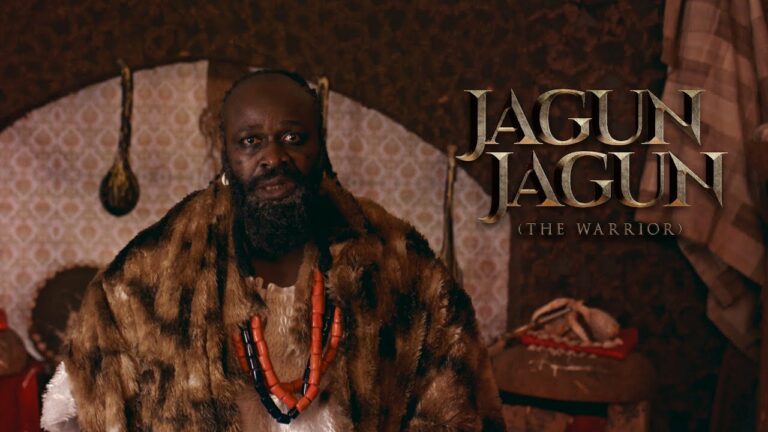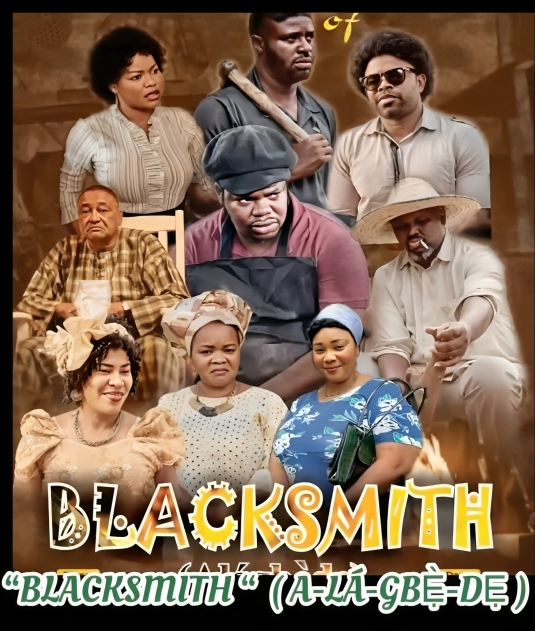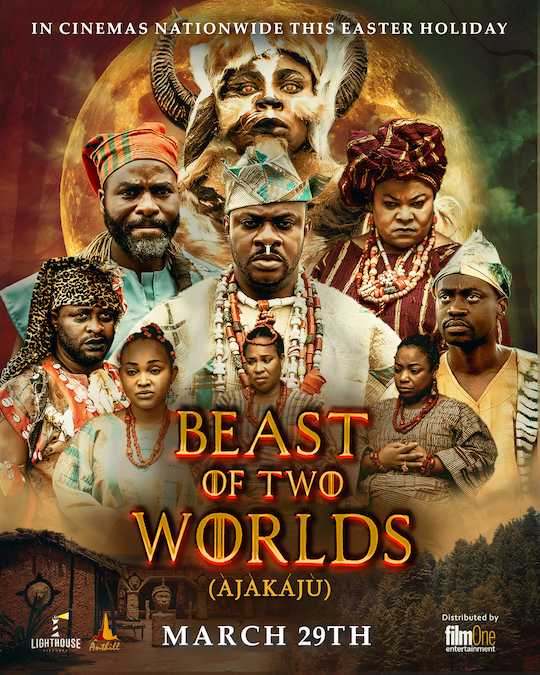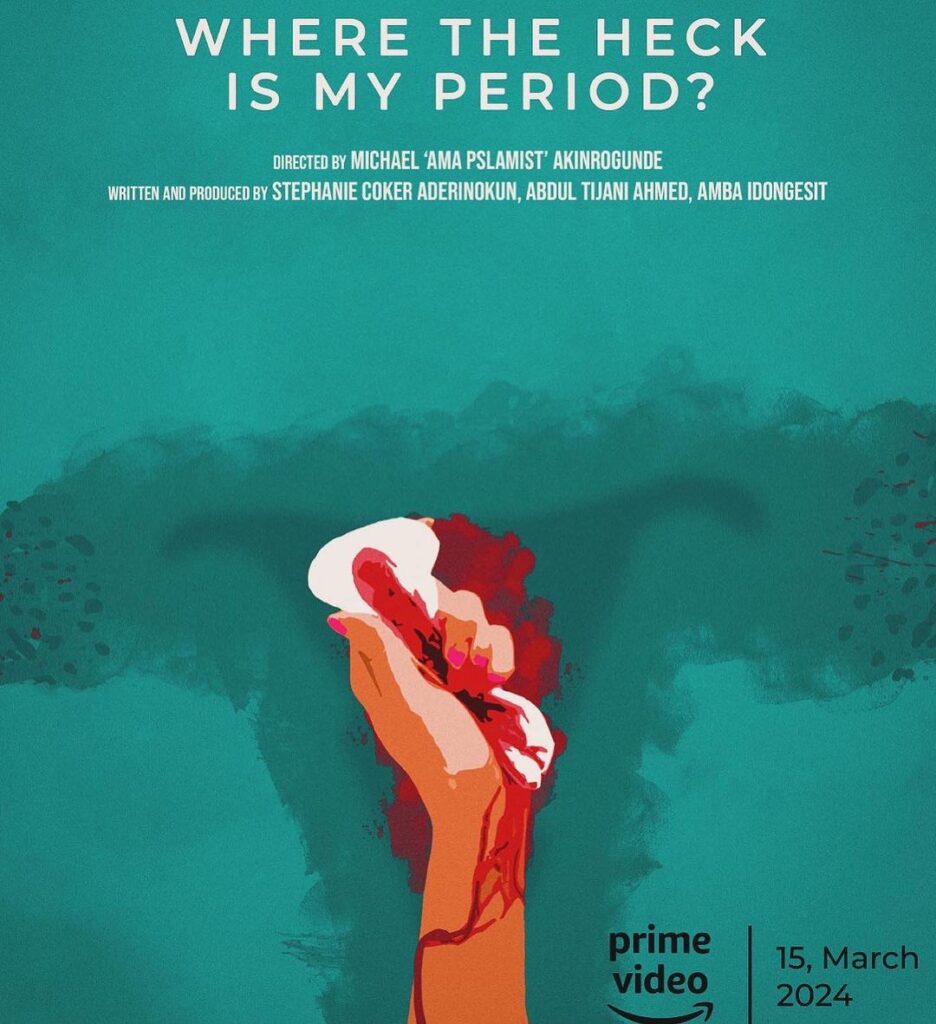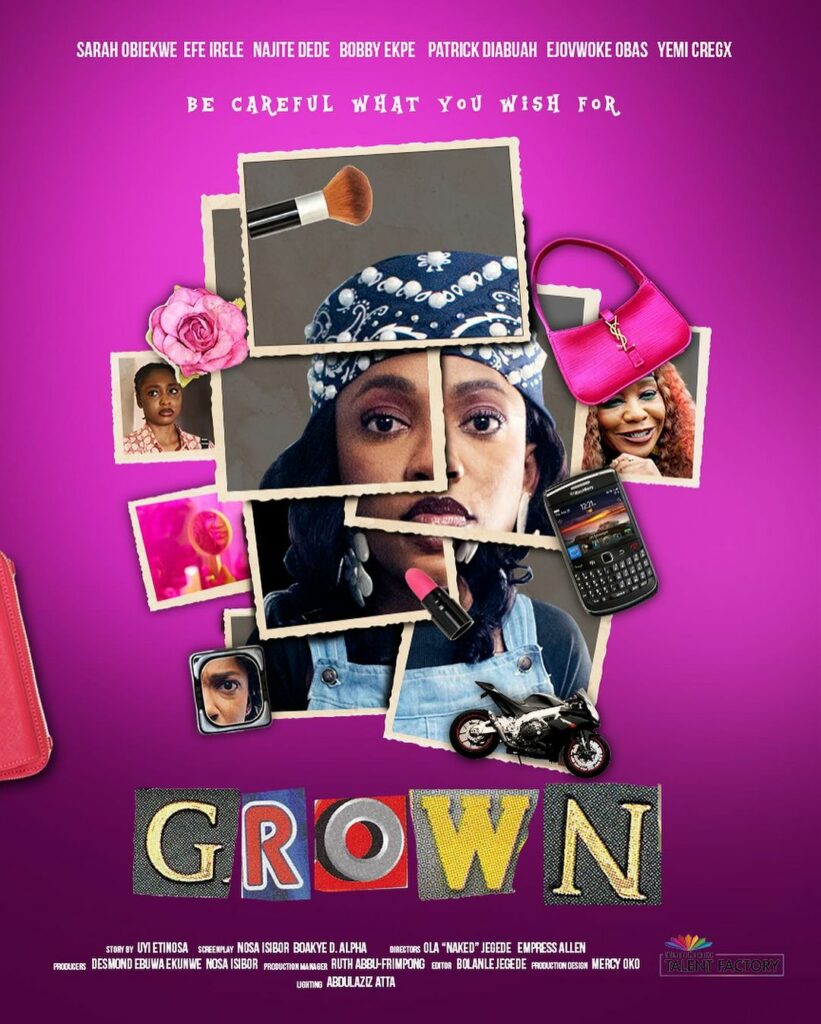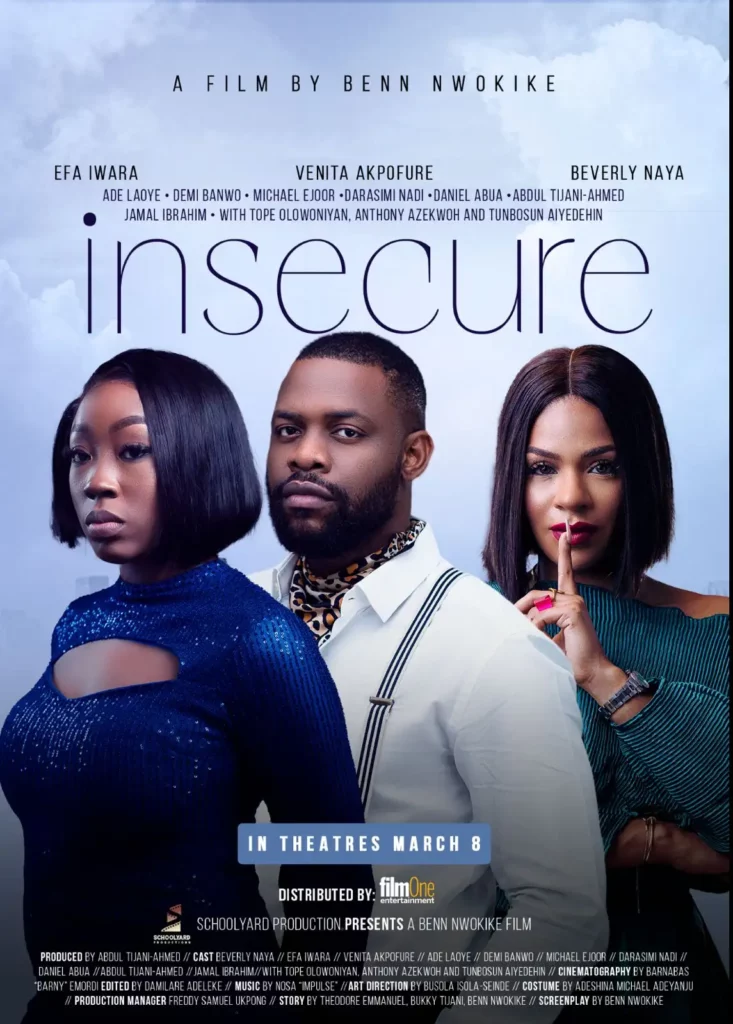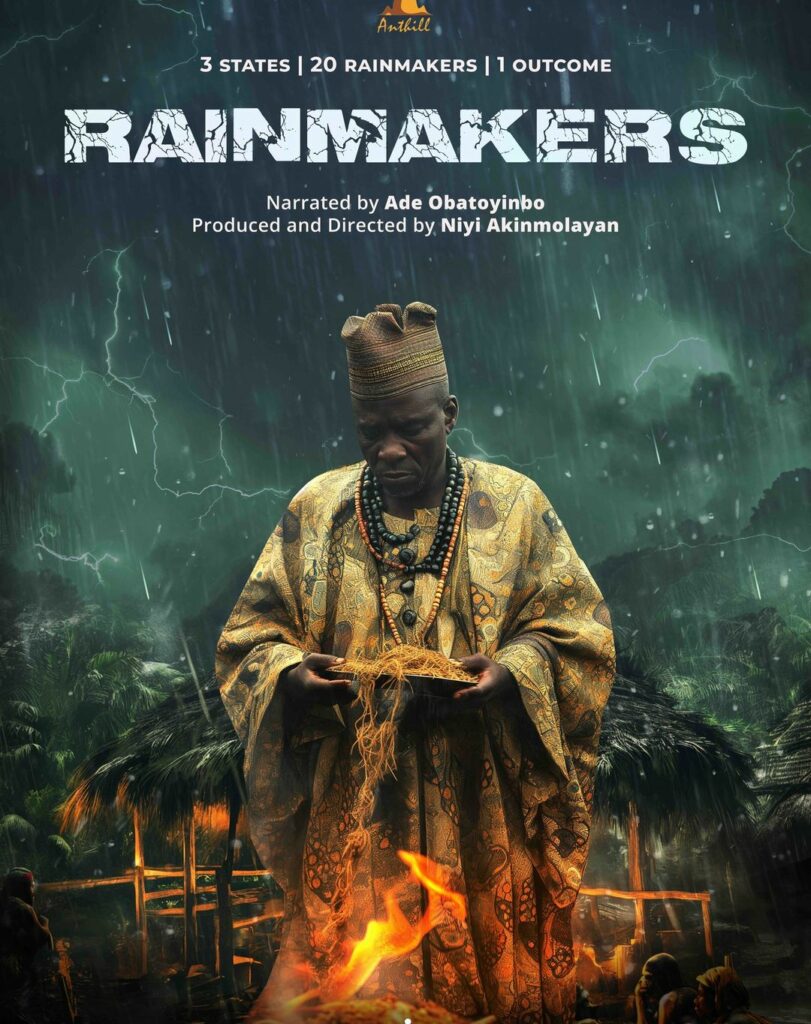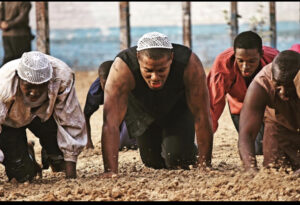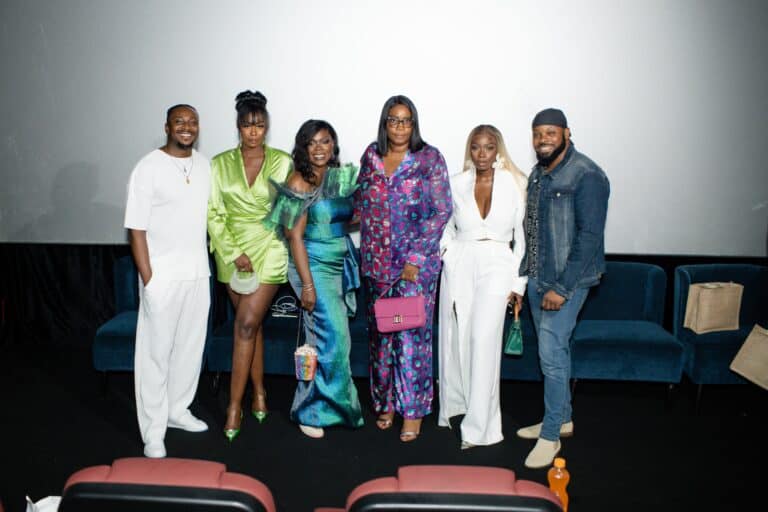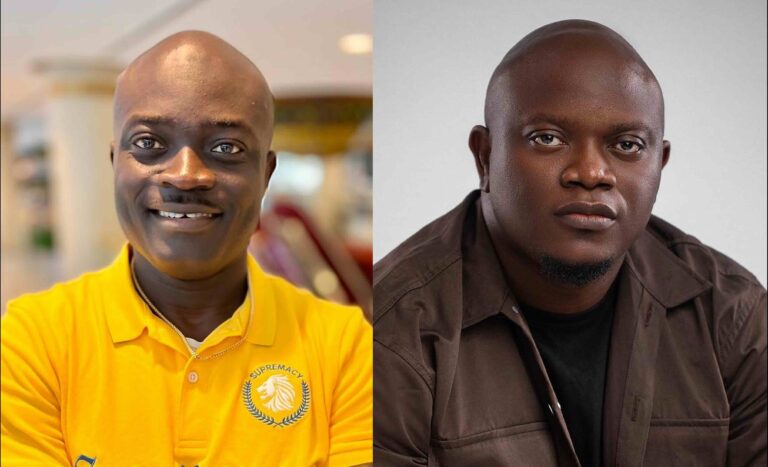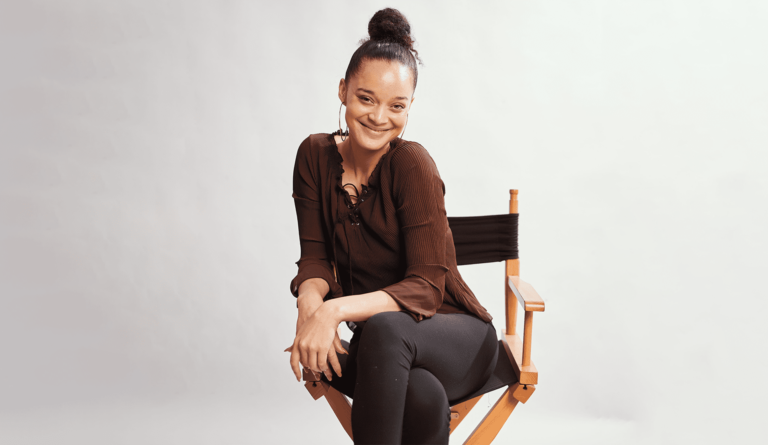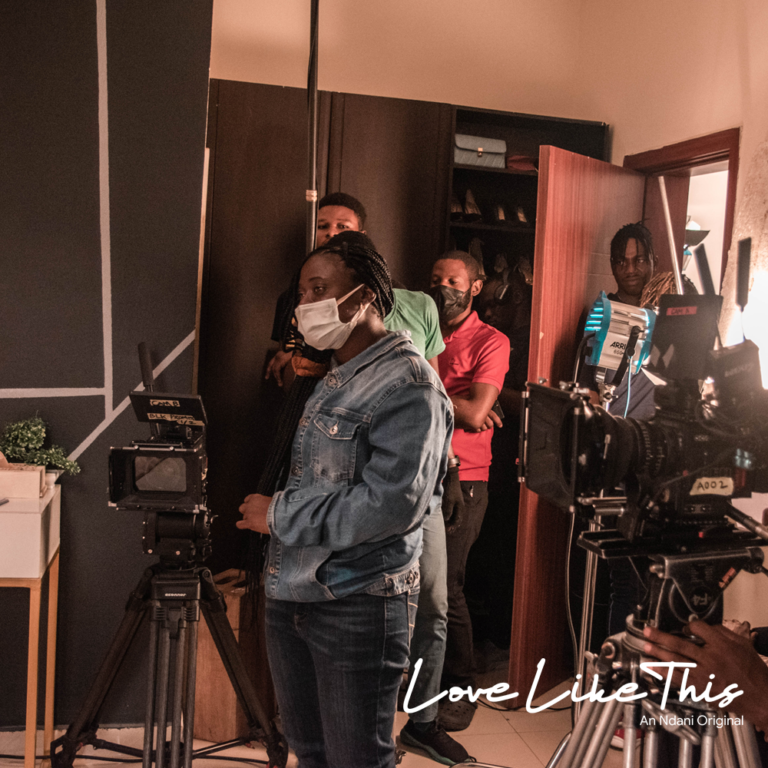Before we started Nollywire in January 2022, I had stopped watching Nigerian films since 2010. I only watched the most talked-about films during that time, and my stomach would turn at the sight of most. Although I watched Nigerian films religiously as a child and my family bonded over watching films like Andy Amenechi’s “Egg Of Life” and Yekini Ajileye’s “Koto Aye” all night on weekends, years of disappointment by Nollywood films have now made me detached and distant.
Likewise, it seems that Nigerian films no longer captivate a global audience, and the stories of how our films travelled the world that my mother told us have become myths. The stories of Baba Sala (Moses Olaiya), Duro Ladipo’s “Oba Ko So” reception at the 1965 Commonwealth Art and Dance Festival, and the acclaim of Ola Balogun’s “Ija Ominira” are still some of the best stories about Nigerian cinema I know. Or when was the last time a Nigerian film received critical acclaim globally?
However, once in a while, a film comes along that warms my cold heart. And this was how I knew about C.J. Obasi. When I watched “Juju Stories,” the anthology film he made with his Surreal16 collective, it felt like 2003 again. It was as if I were watching “Eran Iya Osogbo,” but with better video quality; they were stories I had heard, and they acted just like the people in those stories.
“Mami Wata” is Obasi’s third feature and the first film by a Nigeria-based filmmaker to debut at the Sundance Film Festival. His critically acclaimed Nigerian film has captivated a global audience, winning the 2023 World Cinema Dramatic Competition Award at Sundance, making the Final Cut at the 78th Venice Film Festival, and earning him praises in global publications like CNN and Variety.
I was overjoyed as I welcomed C.J. Obasi and his wife and producer, Oge, to our studio in Lagos to discuss their upcoming film. We discussed their tumultuous journey to becoming a part of Nigerian cinema history. He shared what it takes to make a great Nigerian film and what it will take to rekindle the love we had for Nigerian films as kids and shape the future of Nollywood.
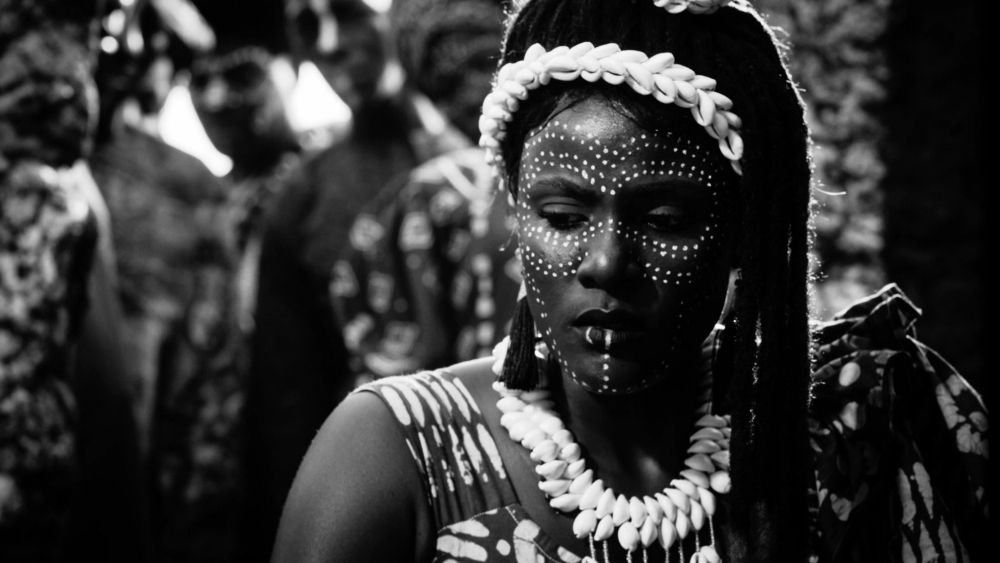
Obasi stressed the importance of passion for filmmaking, beyond just the craft itself, and the necessity of studying the history of cinema, which spans 150 years. He expressed sadness that Nigerian film students lack direct references to the works of past Nigerian filmmakers like Hubert Ogunde, Eddie Ugbomah, Ola Balogun, and Ade Love due to the absence of proper archival resources.
He noted, “This is why we’re lost and our stories lack cohesion. I am making films like ‘Mami Wata’ to mend the fractured history and heritage of our stories, which exist but are challenging to access and reference. If I hadn’t made the effort to learn about this history, I wouldn’t know, and unfortunately, most Nigerian filmmakers are in the same boat. It’s a failure of the Nigerian system to archive and educate about the importance of film and culture.”
Obasi is a highly misunderstood individual. When he came into the Nigerian filmmaking scene, he found himself caught in the middle of a controversy and faced heavy criticism from Nollywood practitioners. He disliked the Nollywood label, announced that he wasn’t a Nollywood filmmaker, and determined that he and his works would never be in that box.
“When I came out to say that, pretty much from the get go, it was such an abominable thing to say in the ears of the core Nollywood practitioners, and it still is to a lot of people. But when I said that, it wasn’t to belittle anyone. It was simply a way of saying that the ‘Nollywood’ label shouldn’t be the representation of Nigerian cinema,” Obasi explained.
He continued that he doesn’t like the label because “it’s a name that came from a New Yorker journalist who came to Nigeria in the 1990s and saw how we were churning out about two thousand films annually. When I came onto the scene and I had these ideas of the kinds of films I wanted to make, but as soon as you announce yourself as a Nigerian filmmaker, they put you in that box. And I knew that wasn’t what I wanted to do.”
Nevertheless, Obasi has nothing to prove about his love for Nigerian films and African stories. Throughout his career, he has explored African folklore and mythologies in his films “Ojuju,” “O-Town,” and the Locarno Prize-winning anthology film “Juju Stories,” and is continuing that journey with “Mami Wata.”
“Mami Wata” is set in the remote West African village of Iyi, where Mama Efe (Rita Edochie) acts as an intermediary between the people and the all-powerful water deity Mami Wata. However, when a young boy is lost to a virus, a local man (Kelechi Udegbe) starts to question previously held beliefs about the deity’s power to protect them. After Mama Efe dies, her daughter Zinwe (Uzoamaka Aniunoh) and protégé Prisca (Evelyne Ily Juhen) must look after the people of Iyi.
Produced by Oge Obasi, Brazillian DP Lílis Soares shot the film in black and white, and it was edited by Nathan Delannoy.
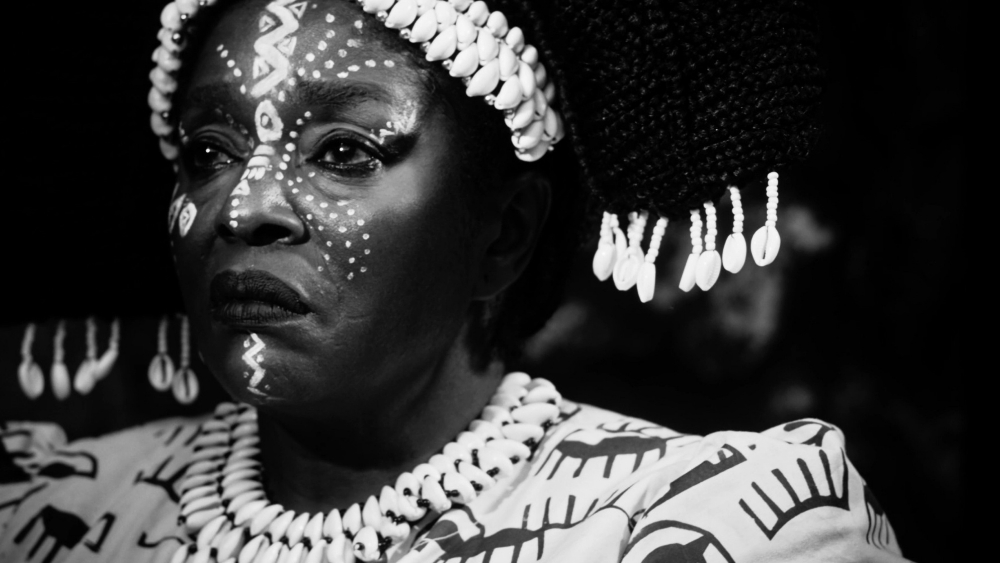
“The more specific we get with our art, the more universal it becomes,” Obasi said as he shared his aspiration to create films that resonate with a global audience. He emphasised that Nigerian cinema has yet to achieve this level of universality, and that was his intention with “Mami Wata,” and it didn’t matter if it took him seven years.
The vision for “Mami Wata” first came to Obasi in black and white in January 2016. However, after about ten drafts, he realised he had written himself into a creative conundrum. This prompted both an external and internal journey. Obasi explained, “I used to be stubborn about making the film in black and white, insisting that it should be enough. But I cracked that code when I embarked on an internal journey. I discovered it had deep connections to my childhood and sentimentality because all the films I loved as a child were in black and white.”
While growing up in Owerri, people misunderstood Obasi’s dreams to become a filmmaker, just as his determination to not be a “Nollywood” filmmaker and his vision to create a visually stunning black and white Mami Wata film were misunderstood and attacked.
With Mami Wata, however, he has created a canon in the history of Nigerian cinema. More Nigerian filmmakers, regardless of their stand on the Nollywood label, must now choose to make films that explore our stories and elevate our identities with narratives that resonate globally and are visually appealing.
“We created a Nigerian film that you can truly experience in the cinema. It’s not just a movie projected on the big screen. This is a cinematic experience that no one should miss,” he concluded. As “Mami Wata” premieres in cinemas nationwide on September 8, audiences hope to experience history and rediscover their love for Nigerian films.
Watch our interview with C.J Obasi below.


